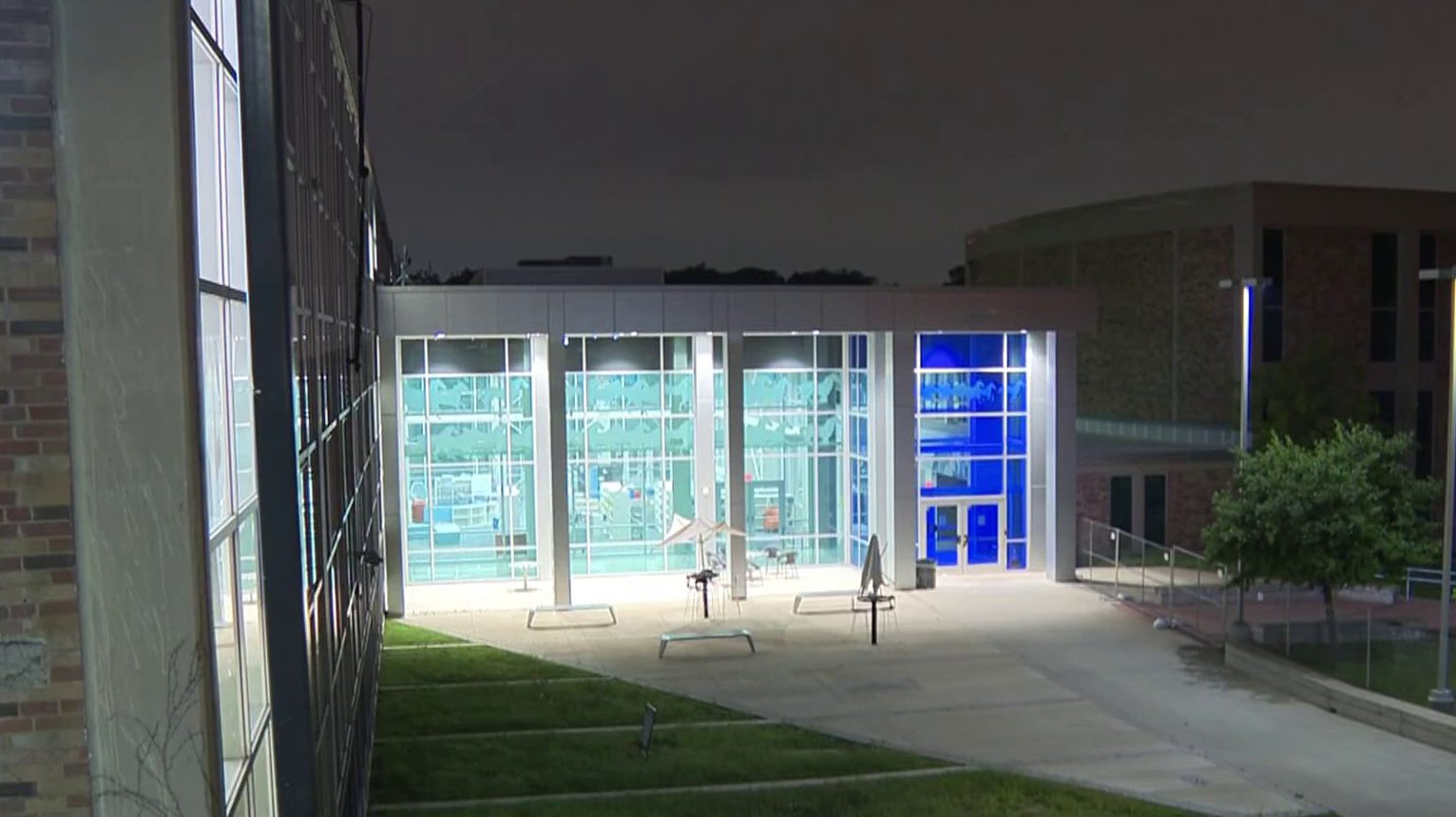The sharing economy is changing the face of North Texas and giving you more opportunities to make money.
From Uber's announcement a hub is coming to Dallas to Rent The Runway's new distribution center in Arlington, economists predict more businesses will explode in growth as consumers find different ways to save and make money.
Trevor Davis is on a mission to make money.
Retired from the Army, the Oak Cliff teacher uses the app Turo to rent out his car to strangers.
"The majority of [my customers] are in their 20s," Davis said. "They're millennials."
Davis is currently pocketing between $500 - $600 a month by leasing out his car to people in town for a few days at a time.
"I love it. I enjoy it and I plan to keep doing it," Davis said.
Local
The latest news from around North Texas.
Marsi Hubbard is focused on saving money after launching Brite Bar Beauty, a mobile makeover service.
Worried about overhead costs, she rents an office from The Riveter, a co-working space, and rents her clothes.
"Isn't it wild? You really can rent your whole life," said Hubbard.
"People are sharing things they wouldn't normally share," said Mike Davis, professor at Cox School of Business at SMU.
He studies what's known as the "sharing economy."
"It use to be that if we wanted to do business with someone we had to know them or know of them," Davis said. "Now we do business with total strangers very comfortably because we've got our phones and computers."
According to a study done by PricewaterhouseCoopers in 2014, the sharing economy generated $15 billion then and is projected to grow to around $335 billion by 2025.
"I don't think we have any very good metrics on how big it is right now or how big it's going to be," Davis said.
Rachel Sipperley went all-in starting "Rent My Wardrobe." The Dallas start-up allows women to rent their own clothes.
"It can be anything from mall brands to high-end designer," Sipperley said. "But I wanted it to be a way that every woman could make money on it."
The 30-something is banking on her generation to grow the business.
"I think millennials are not as attached to owning things and Generation Z certainly isn't," said Sipperley. "I don't think that in the next 10 years the common woman will own an attire outside of athleisure and undergarments to be honest."
A bold prediction – but one for a sector – with so many unknowns: Is there a line when it comes to renting versus owning?



